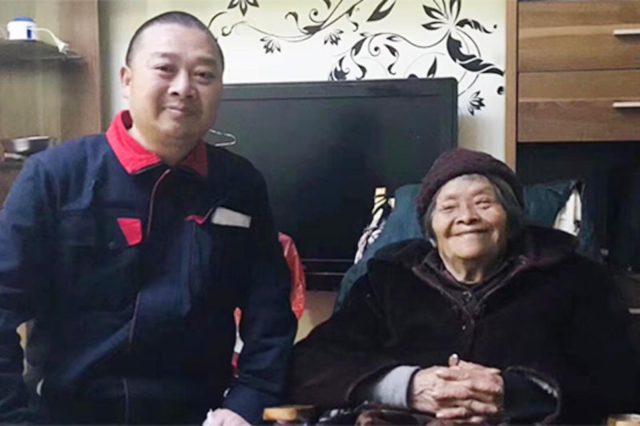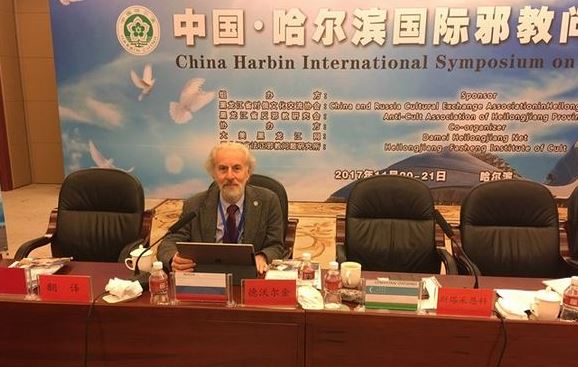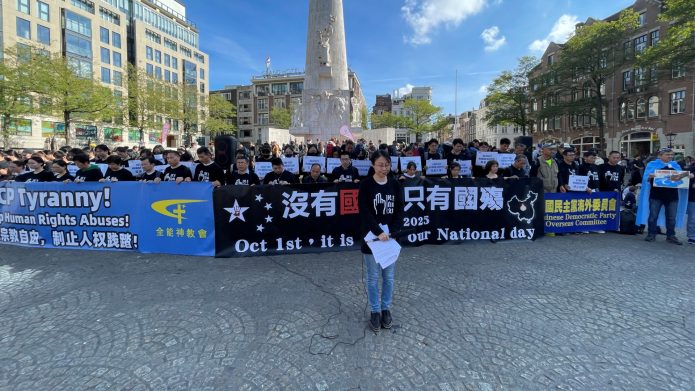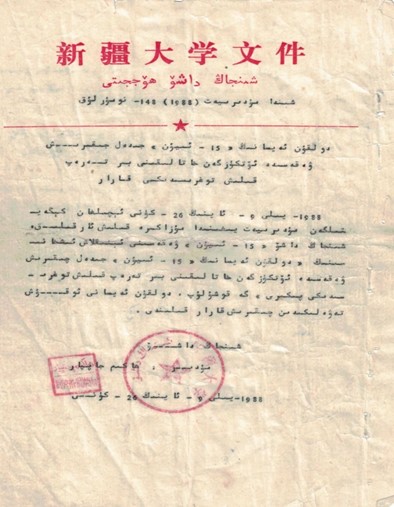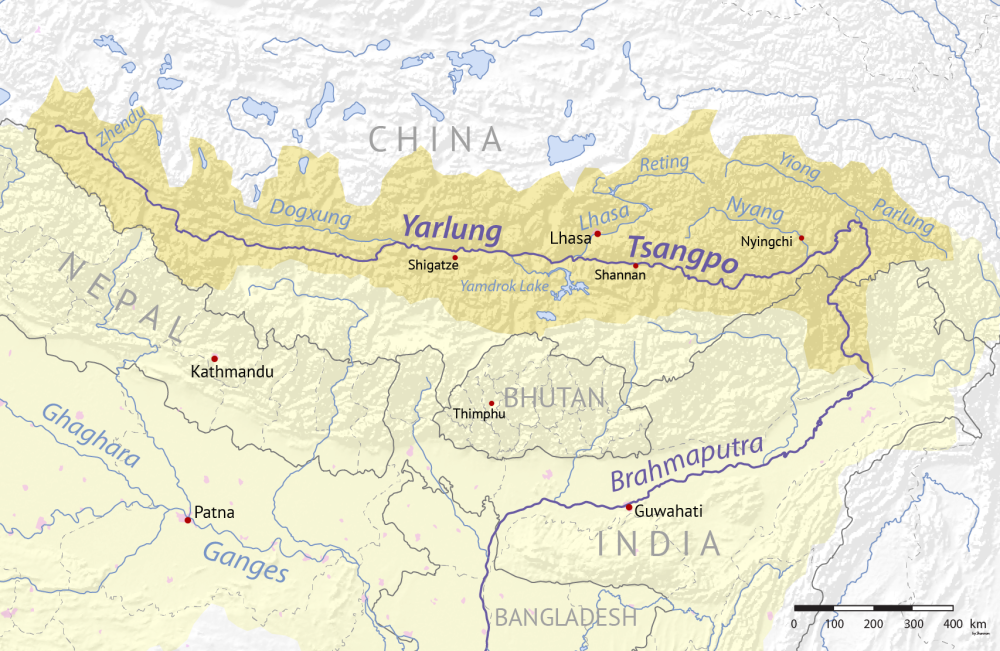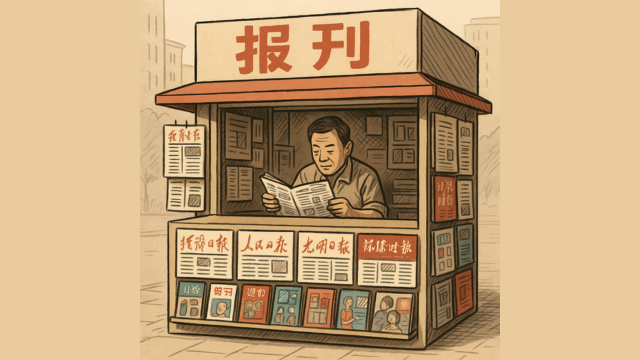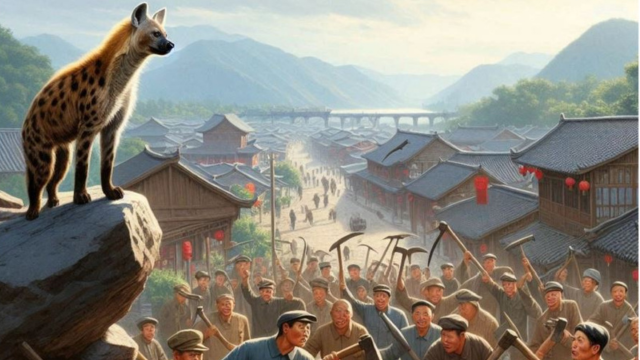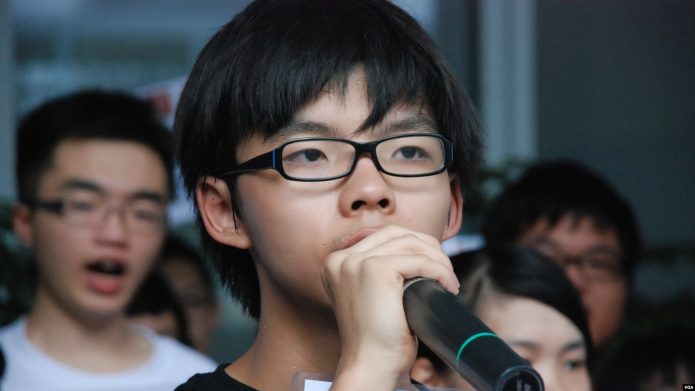Aware of the Chinese threat, the new Japanese government may revamp an old history of friendship with the Uyghurs.
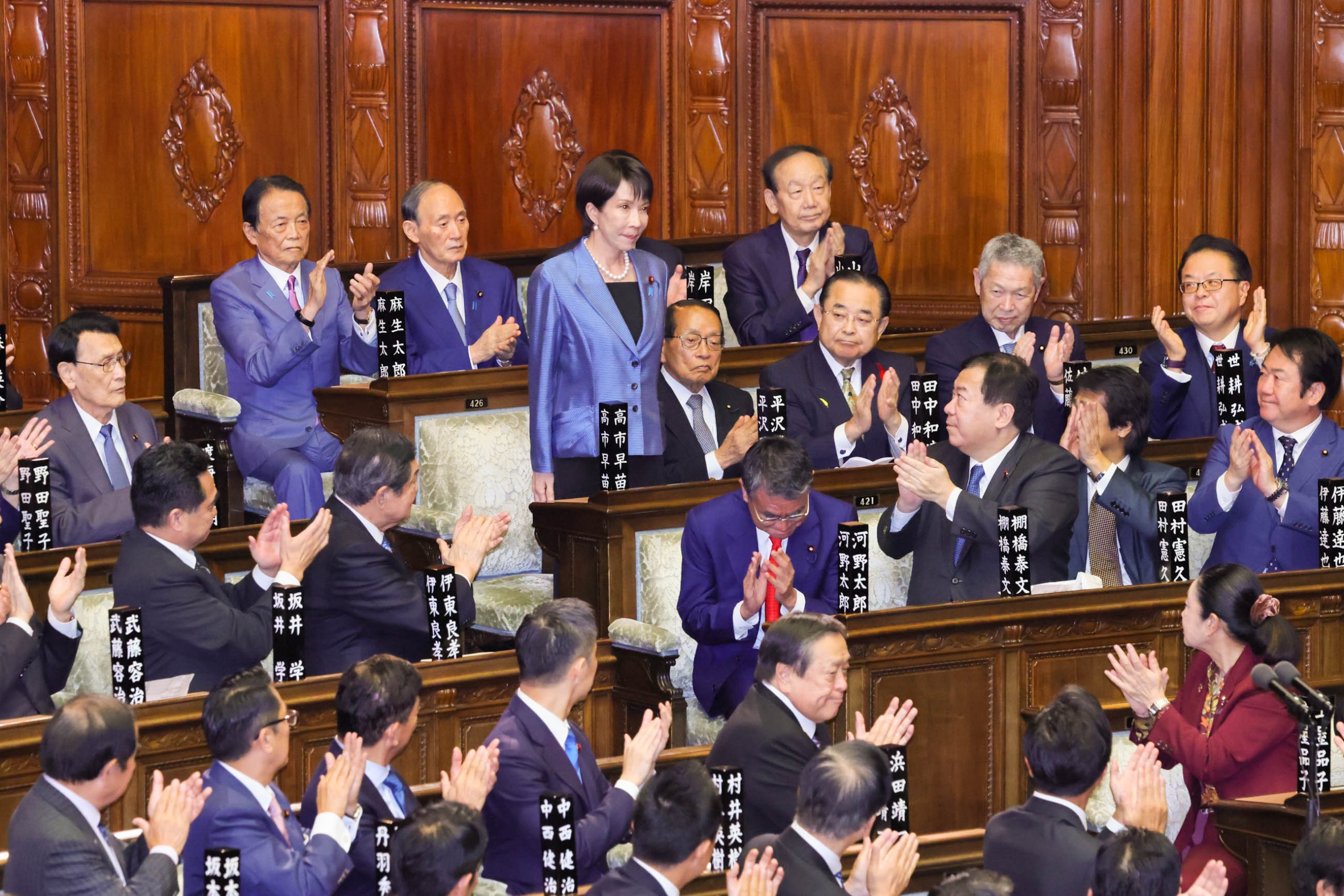
Japan’s election of Prime Minister Sanae Takaichi marks a turning point for Japanese politics and renewed hope for oppressed peoples across Asia—including my own Uyghur nation.
For decades, Takaichi has been a steadfast advocate of principled leadership. Her commitment to truth, national security, and economic independence embodies the values that can help nations resist authoritarian influence. Today, Japan’s decision to entrust her with leadership represents a decisive step toward safeguarding its security and moral integrity.
As a Uyghur who has witnessed Beijing’s brutality firsthand, I see Japan’s choice as profoundly symbolic. It is a statement that justice, courage, and freedom still matter in Asia. On behalf of the Uyghur people, I offer my heartfelt congratulations to Prime Minister Takaichi and the Japanese people.
The friendship between Uyghurs and Japanese is not a coincidence. It is built upon shared historical and geopolitical realities—two nations facing the threat of Chinese expansionism.
For the Uyghurs, China was once a neighbor; now it is a colonizer. We have lived under Beijing’s repression for generations. The threat takes a different form for Japan— territorial disputes, covert espionage, and economic coercion. While artificial intelligence and modern technologies power global prosperity elsewhere, in my homeland of East Turkestan, they are used to build and manage concentration camps. The same tools that bring progress to Japan are being turned into instruments of surveillance and cultural erasure against my people. In the 1950s, Han Chinese accounted for only four percent of East Turkistan’s population. Today, they exceed forty percent. The demographic and cultural displacement we have endured should serve as a warning for all nations—including Japan—about the cost of unchecked authoritarianism.
Over the past two decades, hundreds of Uyghur scholars and activists visited Japan, participating in academic conferences, political meetings, and peaceful demonstrations. The Fourth World Uyghur Congress, held in Tokyo in 2012, was one of many milestones in our long journey of dialogue and solidarity
Through these exchanges, we have learned from Japan’s democratic values and moral clarity. Japan’s friends of the Uyghur cause—including Takaichi and members of her party—have provided us with support and faith in humanity. Japan’s example of conscience and compassion has inspired governments and organizations worldwide to speak out against China’s crimes.
Few realize that Uyghur–Japanese friendship reaches back nearly a century, when communication relied on ships and telegraphs, not satellites and smartphones.
After the fall of the 1933 East Turkestan Republic, our military commander, General Mahmut Muhiti, journeyed to Japan seeking assistance. On November 17, 1937, he delivered a speech at the Dai Nippon Kaikyō Kyōkai (DNKK–Greater Japan Muslim League), a prominent Islamic organization, then led by General Senjūrō Hayashi, a former Prime Minister who expressed his support.
Around the same period, the exiled Uyghur leader Muhammad Amin Bughra established a friendship and intellectual exchange with Kitada Masamoto, Japan’s first minister plenipotentiary to Afghanistan, appointed in 1934.
These early encounters were not diplomatic formalities; they were gestures of shared respect between two peoples who understood the value of independence and dignity. They remind us that the moral bridge between Uyghurs and Japanese was built long before our modern era.
Japan has long demonstrated integrity and humanity in its relations with the oppressed. Today, as Beijing’s repression deepens, the world looks to Tokyo for principled leadership once again.
We believe that under Prime Minister Takaichi’s guidance, the historic friendship between Japan and the Uyghur people can advance to new levels of cooperation, moral solidarity, and concrete action. Japan can play a decisive role in mobilizing democratic nations to confront the ongoing Uyghur genocide and to defend the universal values of freedom and justice.
May our friendship grow stronger in this new chapter of Japan’s history. Warm greetings and heartfelt congratulations to Prime Minister Sanae Takaichi and her colleagues.
Source: Bitter Winter



